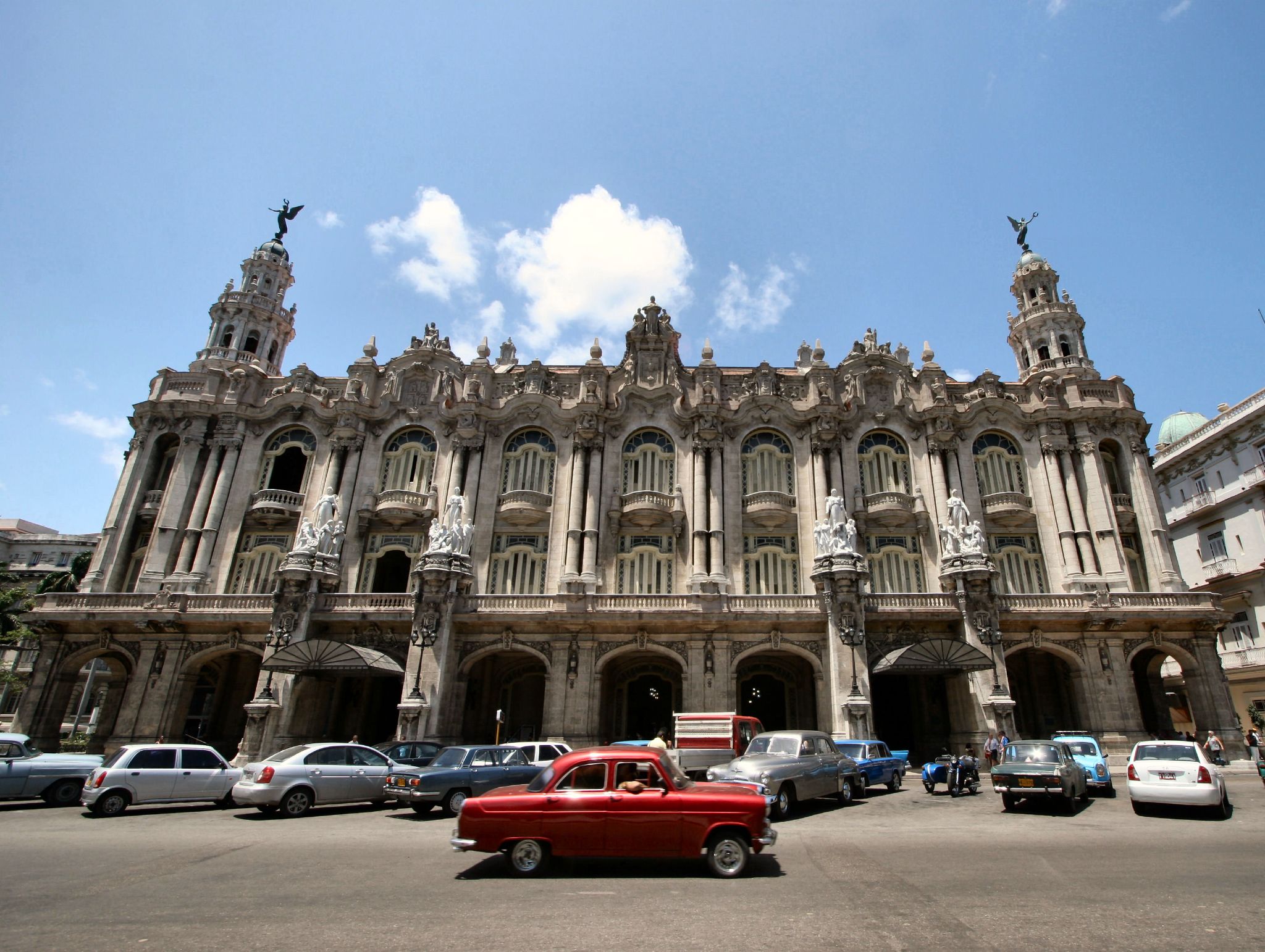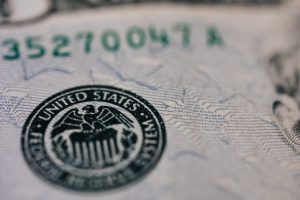Cuba sits just 90 miles from the United States, but for more than a half century, commerce between the two countries has been prevented by an embargo.
On Wednesday, Presidents Barack Obama and Raul Castro took the first steps toward re-establishing full diplomatic relations. The announcement came as part of a prisoner exchange that was negotiated with the assistance of Pope Francis and the government of Canada.
The economic impact of normalized relations is potentially huge, and could touch many parts of the U.S. economy, as well as economies elsewhere. Although we often think of Cuban emigres as having settled in South Florida, there is a Cuban community in nearly every major city or college town in the United States. A number of Cuban intellectuals joined the faculty of American universities, while Cuban cuisine has become a mainstay in cities such as Chicago, Detroit and New York.
Here is a look at a few of the industries that will be affected as the relationship improves. They provide enough story ideas for a week of articles and reports.
Tourism. Until now, Americans who wanted to visit Cuba had to line up for expensive charter flights, or travel through Canada, the Caribbean and Mexico. It has been difficult to get visas to visit. When I visited for USA Today in the late 1990s, I had to purchase a visa through the Cuban Interests Section of the Swiss Embassy in Washington, then pay $800 for what was a 30 minute flight each way from Miami to Havana.
Obama’s announcement that Americans will be able to use debit and credit cards in Cuba will be a huge boost to tourism. I was able to use dollars when I traveled, but not my credit cards, so I had to have a big stash of cash with me.
Aviation. The two major airlines that served Cuba — Eastern and Pam Am — are long gone. But you can bet that American carriers serving the Caribbean will vie for the ability to serve Havana and some other key Cuban spots. Some possibilities include JetBlue Airways, Delta Air Lines and American Airlines, which has long had a major operation in Miami.
Hotels. Cuba actually has a number of attractive hotel properties, many of them resorts in Varadero, a couple hours’ drive from Havana. These have been developed by European and South American hotel companies. Now, watch for American firms like Hilton, Marriott and Starwood to scope out locations in Havana and elsewhere. Actually, the towering Havana Libre hotel was previously the Havana Hilton. Its rooftop deck offers one of the most sweeping views of the city.
Havana also has some boutique hotel properties and you could envision someone like W Hotels staking its claim, if it can work out the details.
Agriculture. Cuba has long been known for its sugar and tobacco crops. At certain points in history, Cuba was the world’s largest sugar producer although its production was threatened by various military juntas and uprisings.
When Castro led the Communist revolution in Cuba in 1959, U.S. direct investment was $359 million, more than three times the amount in the rest of Latin America, and U.S. companies operated 85 percent of the arable land there. (That amount would be worth $2.8 billion today). Castro quickly nationalized U.S. and other foreign owned businesses, leading President Dwight Eisenhower to end American subsidies of Cuban agriculture.
Certainly, U.S. agriculture companies will be careful in treading back into Cuba until legal determinations have been made. But Cuba is potentially an attractive area investment for fruit growers and other producers.
Automobiles. Most likely, you’ve seen photographs of classic 1950s cars cruising the streets of Havana. The reality is that people use those cars primarily to transport tourists, or for display. Cubans for decades have been limited in the number of types of cars they can buy. The government chooses an official automotive supplier, meaning if you have the means to own a car, you get to buy from that company. I saw Nissans, Toyotas and rusty Russian Ladas on the streets when I was there.
Cuba could be a destination for a car company that wants to assemble vehicles from kits — essentially crates of parts that are shipped to a factory simply to be put together. Cuba’s warm relationship with Venezuela has meant a steady supply of gasoline, even after Cuba was cut off by the Russians during the early 1990s Special Period.
Real estate. Anyone who’s visited Havana has seen block after block of gorgeous homes, many of them in various states of disrepair. There will be a major legal battle between Cuban emigres and the occupants of these homes, some of whom were servants left behind to take care of things. But, many real estate developers have been waiting for years to get their hands on Cuban real estate, particularly the properties close to Cuba’s largely unspoiled beaches.
Sports. The number of Cubans in Major League Baseball is steadily growing. In Cuba, young players are groomed from grade school to become baseball players. Cuban baseball is already on many tourists’ itinerary. As economic relations loosen up, look for many more Cubans to head north to play professional baseball. Indeed, MLB said Wednesday it is “closely monitoring” the situation.
Here is President Obama announcing the thaw in U.S.-Cuban relations.
STORY IDEAS










